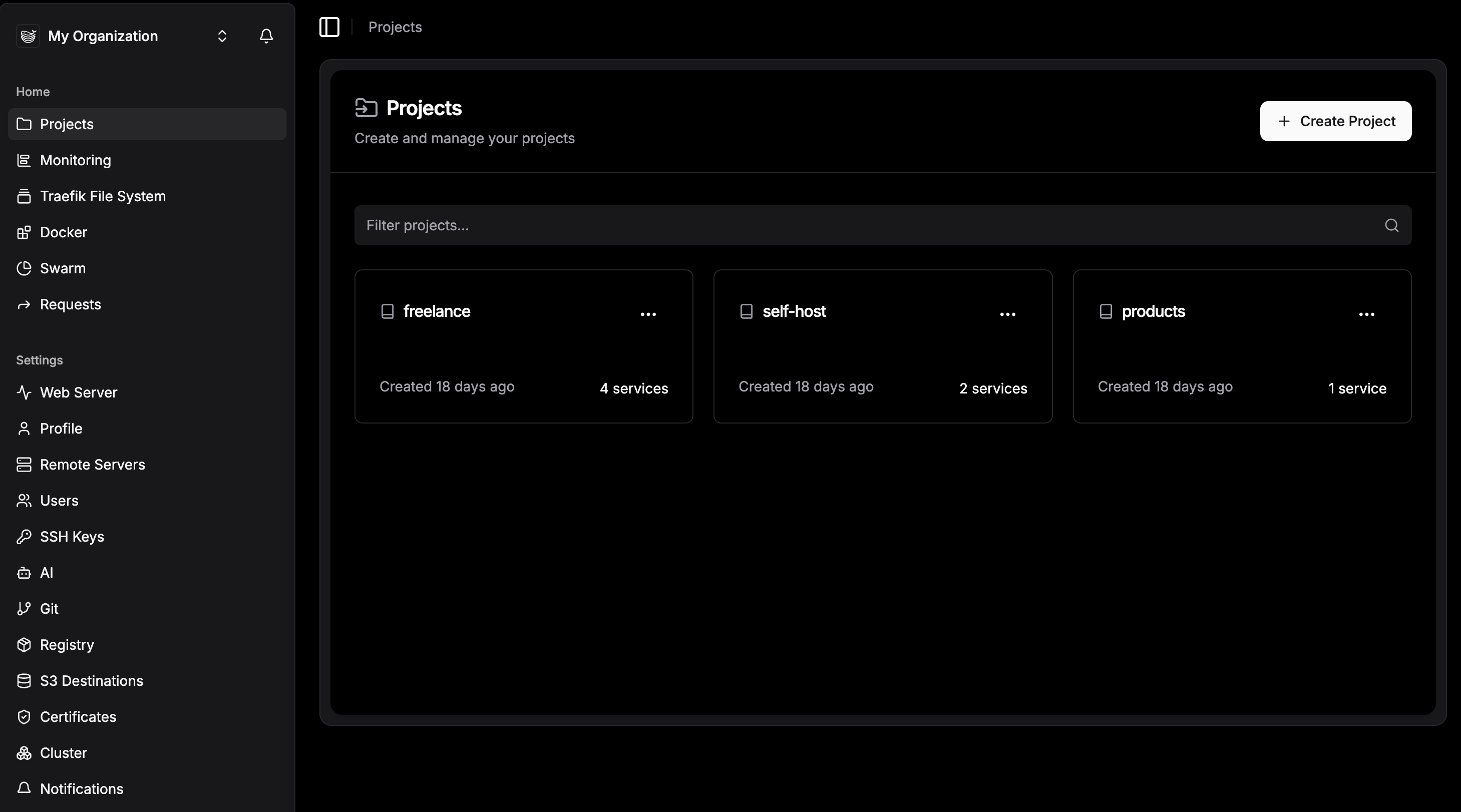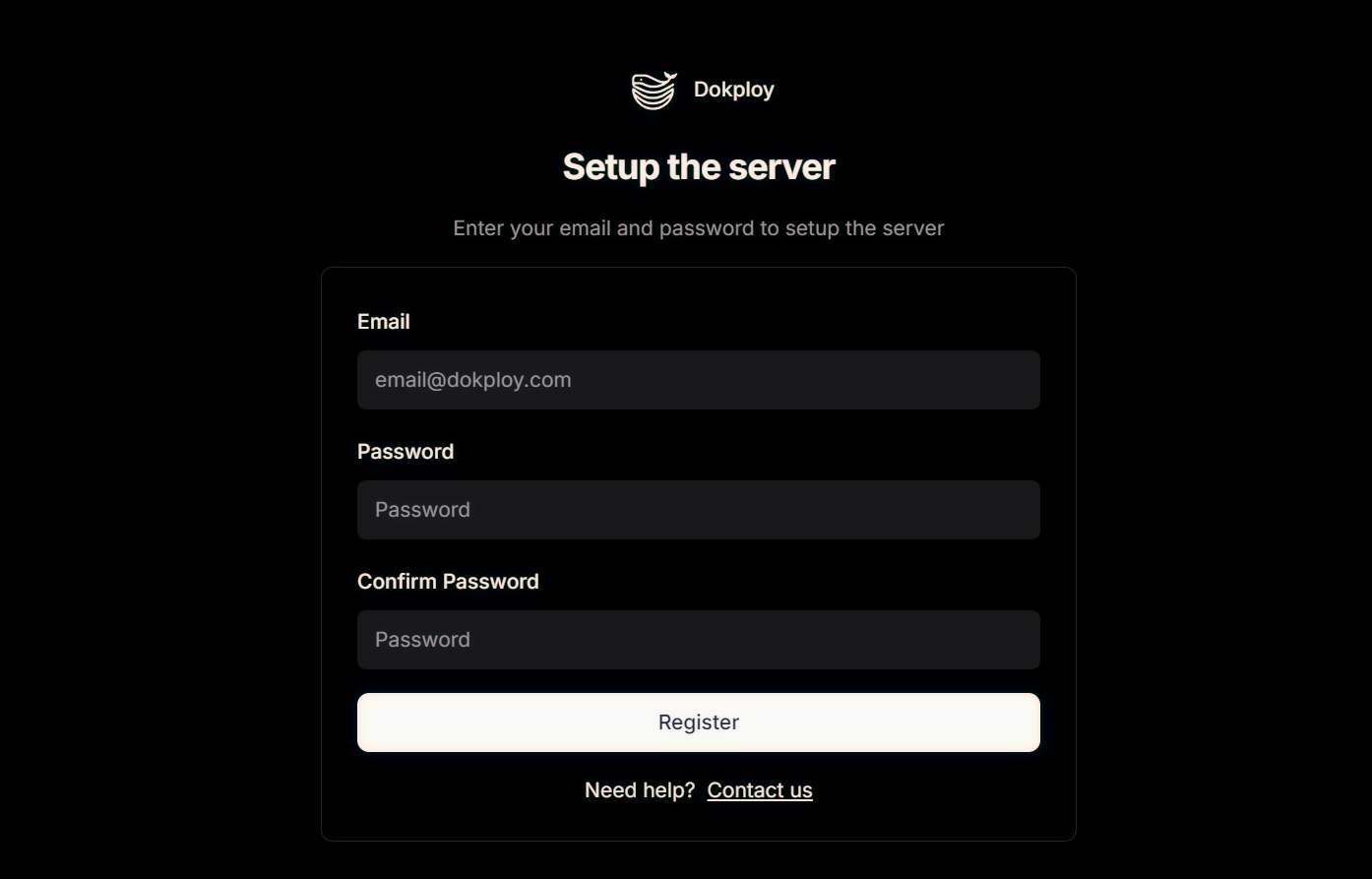Goodbye Vercel | Hello Dokploy
Like many React developers, I’ve always leaned toward Next.js as my go-to React-based framework. Thanks to its tight integration with Vercel, deploying a Next.js app was as simple as pushing to Git.
But lately, Vercel has introduced several limitations on their free tier:
- Private Git repositories now require a paid plan
- There’s a time limit on serverless API routes
- Additional restrictions that make the platform less appealing for indie devs and hobbyists
To be clear, I don’t blame Vercel — businesses need to make money. But it’s simply not the path I want to follow.
So I began exploring open-source alternatives, and that’s when I found Dokploy — a powerful, self-hosted platform that offers nearly all the features of Vercel, and in some cases, even more.
In this post, I’ll walk you through:
- How I use Dokploy to deploy my web apps
- How I host my databases (MongoDB, SQL, PostgreSQL)
- How I self-host services like search engines and RSS readers

🛠️ Prerequisites
To get started with Dokploy, you’ll need access to a Virtual Private Server (VPS). Here are a few providers to choose from:
- Contabo (my personal pick — affordable and reliable)
- Vultr
- Hetzner (I had issues creating an account, but it’s very cost-effective)
- DigitalOcean
Minimum recommended VPS specs:
- 2GB RAM
- 30GB disk space
⚙️ Installation
The installation process is surprisingly simple.
✅ Before you begin:
Ensure the following ports are open on your server:
80– HTTP443– HTTPS3000– Dokploy Dashboard
Then, install Dokploy using the one-liner script:
curl -sSL https://dokploy.com/install.sh | sh
You’ll be prompted to create an admin account. Be sure to save your credentials securely — this will be your access to the Dokploy dashboard.

🚀 Why I Chose Dokploy
Dokploy offers a wide range of features, but I primarily use it for:
- Deploying Next.js apps easily with Docker containers
- Hosting MongoDB, MySQL, and PostgreSQL for personal projects
- Running self-hosted services like:
- My own search engine
- Custom RSS reader dashboard
There are tons of other features Dokploy provides — like integrated CI/CD, Git deployments, SSL by default — but honestly, I don’t even use all of them yet.
📚 Official Setup Documentation
Dokploy supports multiple Linux distributions and popular VPS providers:
Supported Distros:
- Ubuntu 24.04 / 22.04 / 20.04 / 18.04
- Debian 12 / 11 / 10
- Fedora 40
- CentOS 8 / 9
🌐 Alternative: Dokploy Cloud
Don’t want to manage your own server? Try Dokploy Cloud — the hosted version of Dokploy, where you don’t need to worry about installation, updates, or security patches.
🏁 Final Thoughts
Dokploy has been a game-changer for me. It gave me full control of my deployments, helped me avoid vendor lock-in, and aligned perfectly with my preference for open-source tooling.
If you’re looking to break free from platform limitations and embrace self-hosted devops, Dokploy is worth a shot.
